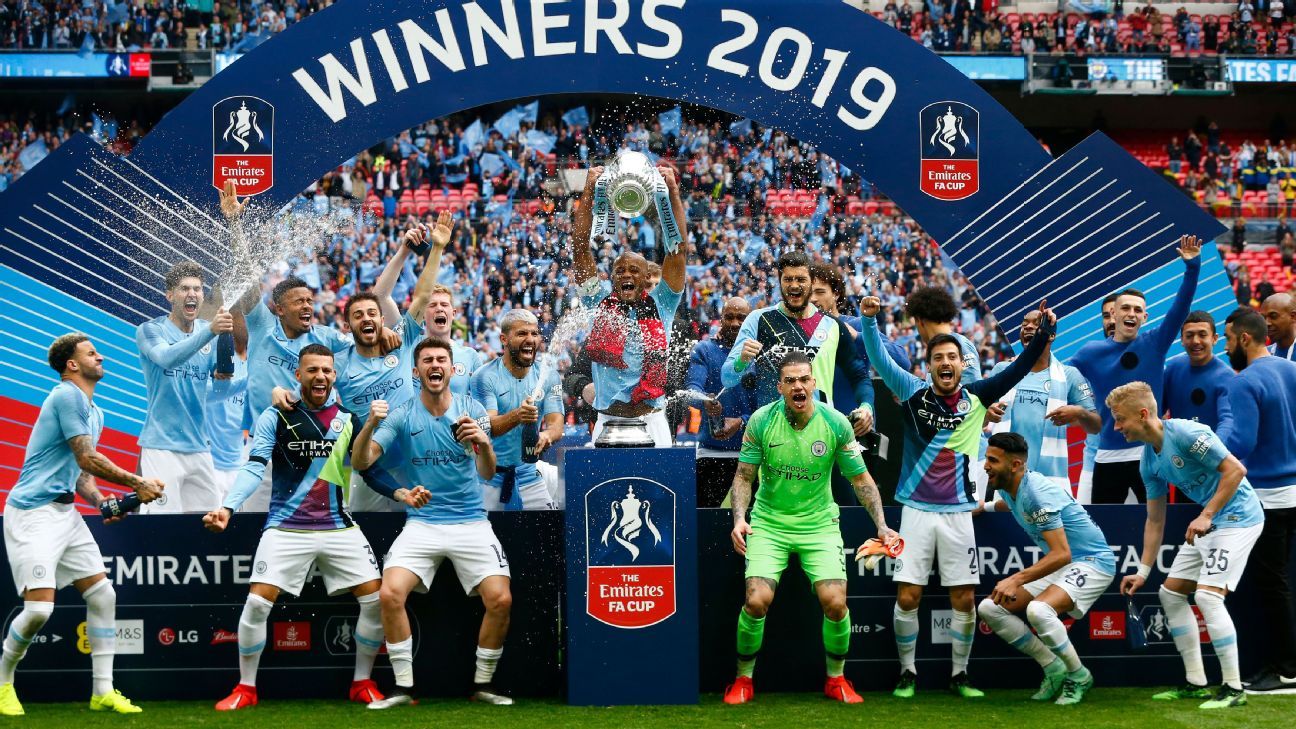El Manchester City cuándo juega? This question, frequently searched online, reveals a global fanbase eager for the latest updates on the Premier League powerhouse’s schedule. Understanding the nuances of this query—from its multiple interpretations to the user’s geographical location and preferred language—is key to delivering accurate and timely information. This analysis delves into the methods for accessing and presenting Manchester City’s match schedule effectively, addressing potential challenges and ensuring a seamless user experience.
Determining the precise meaning behind “El Manchester City cuándo juega” requires careful consideration. The query could refer to upcoming fixtures, past results, or even a specific match. Furthermore, the user’s location significantly impacts the relevance of the information, as time zones and broadcast details vary. Efficiently addressing these variables is crucial for providing a useful and relevant response.
For descriptions on additional topics like 8 2 arsenal manchester united highlights, please visit the available 8 2 arsenal manchester united highlights.
Understanding the “El Manchester City Cuándo Juega” Search Query
The search query “El Manchester City Cuándo Juega” is a Spanish phrase meaning “Manchester City when does it play?”. This seemingly simple query reveals several layers of user intent and contextual information crucial for providing an accurate and relevant response.
Interpretations and User Intent, El manchester city cuándo juega
The query can be interpreted in several ways, depending on the user’s specific needs. It could refer to the next match, a specific upcoming match against a rival team, or even a broader search for the entire season’s schedule. The implied user intent is always to find the date and time of a Manchester City football match.
Geographic Context and Timeframe
The use of Spanish suggests the user is likely located in a Spanish-speaking region. The timeframe is typically immediate or near-future, as users generally search for upcoming matches rather than past ones. However, it could also encompass a longer timeframe if the user is looking for the entire season schedule.
Query Interpretation Table
| Interpretation | User Intent | Geographic Location | Likely Timeframe of Search |
|---|---|---|---|
| Next Manchester City match | Find the date and time of the immediately following game | Spanish-speaking country or region | Within the next few days or weeks |
| Specific match against a rival | Find the date and time of a match against a specific opponent (e.g., Real Madrid) | Spanish-speaking country or region | Within the current or next season |
| Full season schedule | Obtain the complete schedule of Manchester City matches for the season | Spanish-speaking country or region | Entire football season |
Finding Relevant Match Data
Accessing accurate and up-to-date Manchester City match information requires utilizing reliable sources. Official channels provide the most trustworthy data, while reputable third-party sites offer convenient aggregation and presentation.
Sources of Match Information
- Manchester City Official Website: The most reliable source. Offers the official schedule and news.
- Premier League Official Website: Provides the official Premier League fixture list, including Manchester City’s matches.
- Reputable Sports News Websites (e.g., ESPN, BBC Sport): These often aggregate match schedules from various sources, offering a convenient overview. Reliability varies depending on the site.
- Live Score Websites (e.g., Flashscore, ESPN Scoreboard): These sites are generally reliable for live scores and match updates, but may not always have the complete future schedule.
Presenting Match Information

Clear and concise presentation of match details is crucial for a positive user experience. A tabular format is ideal, with clear labeling of date, time, opponent, and venue. Upcoming matches should be visually highlighted.
Sample Match Schedule
| Date | Time (GMT) | Opponent | Venue |
|---|---|---|---|
| 2024-03-10 | 14:00 | Arsenal | Etihad Stadium |
| 2024-03-17 | 16:30 | Liverpool | Anfield |
Addressing User Location and Language
Adapting the response to different user locations involves handling time zone differences and language preferences. Date and time formats should be adjusted to match the user’s locale.
Handling Time Zones and Language
The system should automatically detect the user’s location and display the match time in their local time zone. The language of the displayed information should also match the user’s preferred language, automatically switching between English and Spanish in this case, based on user preferences or browser settings. For example, “14:00 GMT” could be converted to “2:00 PM PST” for a user in the Pacific Standard Time zone, and the entire schedule could be displayed in Spanish if detected.
Handling Ambiguity and Unexpected Scenarios: El Manchester City Cuándo Juega
Several scenarios can lead to challenges in processing the query, such as insufficient data or the absence of a specific match. Robust error handling and alternative information are necessary.
Error Handling and Alternative Information
If a specific match cannot be found (e.g., the user searches for a match that hasn’t been scheduled yet), a clear message should be displayed, indicating the lack of data and suggesting alternative actions (such as searching for a different match or checking back later). For example, “No matches found for the specified criteria. Please check back later for updates.” or “The schedule for this match is not yet available.”
Scenario Handling Flowchart
A flowchart would visually represent the process of handling different scenarios, starting with the initial query, branching based on data availability, and leading to appropriate responses (displaying the schedule, handling errors, or suggesting alternatives).
Visual Representation of Match Information
A visual calendar representation of upcoming matches enhances user experience. Color-coding can highlight key information, such as home vs. away matches or significant opponents.
Calendar Graphic Description
An ideal calendar would display the month and year, with each day represented as a cell. Upcoming Manchester City matches would be visually highlighted, perhaps using a distinct color (e.g., light blue for home matches, dark blue for away matches). The opponent’s logo or abbreviation could be included alongside the date and time, providing a concise and visually appealing summary of the match schedule.
Crucially, the time displayed would be adjusted for the user’s time zone.
Successfully answering “El Manchester City cuándo juega” involves more than simply providing a list of dates and times. It requires a deep understanding of user intent, geographic context, and the potential for ambiguity. By leveraging official sources, reliable third-party resources, and thoughtful presentation methods, we can ensure that football fans worldwide receive the information they need quickly and easily.
The focus on clear communication and user-friendly formats underscores the importance of delivering a superior user experience in the realm of sports information.



